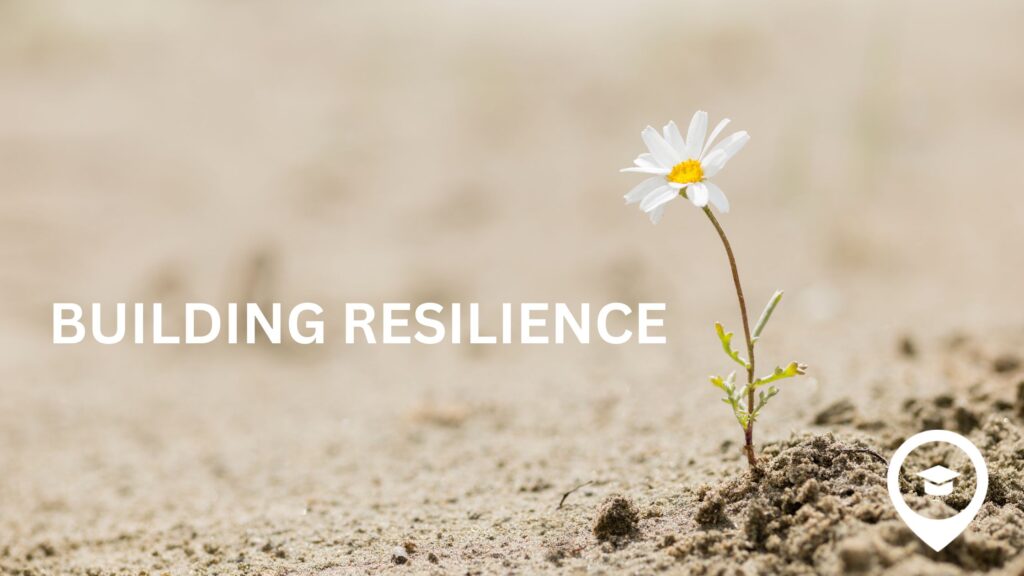As parents, we all share the desire to equip our children with the skills necessary for a successful and fulfilling life. We invest in language-rich environments, extracurricular activities, and academic foundations. But amidst all these preparations, there’s one crucial skill that often goes unnoticed yet holds immense importance: resilience.
Resilience isn’t something we’re born with; rather, it’s a skill that can be cultivated and strengthened over time. It’s the ability to bounce back from setbacks, adapt to challenges, and thrive in the face of adversity. And in the dynamic landscape of international schools, where students encounter diverse cultures, languages, and academic rigors, resilience becomes even more essential.
So how can we foster resilience in our children within the context of international schooling? Let’s explore some practical strategies:
1. Embrace Failure as a Learning Opportunity
In our quest to shield our children from disappointment, we sometimes inadvertently deprive them of the chance to develop resilience. Allowing them to experience failure, whether it’s losing a game or making mistakes, teaches invaluable lessons in perseverance and grit. Rather than focusing solely on the outcome, celebrate their efforts and encourage them to learn from setbacks.
2. Cultivate Independence
International schools provide a unique environment for fostering independence. Encourage your child to take on age-appropriate challenges and tasks, even if it means allowing them to make mistakes along the way. By resisting the urge to intervene, we empower our children to develop problem-solving skills and confidence in their abilities.
3. Create Opportunities for Growth
In a world that often prioritises success over resilience, it’s essential to engineer opportunities for our children to fail. Whether it’s taking on new responsibilities or facing unfamiliar situations, provide support while allowing room for growth. By instilling a sense of accountability and perseverance, we equip our children with the resilience needed to navigate life’s challenges.
4. Foster Unconditional Love and Support.
Above all, let your children know that they are loved unconditionally, regardless of their successes or failures. Building a strong foundation of love and support enables children to develop self-confidence and resilience. Knowing that they have a safe and supportive environment to return to empowers them to face challenges head-on.
In the journey of international schooling, building resilience is perhaps the most important lesson we can impart to our children. By embracing failure, fostering independence, creating opportunities for growth, and providing unwavering support, we equip them with the tools they need to thrive in an ever-changing world. As parents and educators, let’s prioritize the development of resilience in our children, ensuring that they emerge from their schooling experience not only academically prepared but also emotionally resilient and ready to conquer whatever challenges lie ahead.






